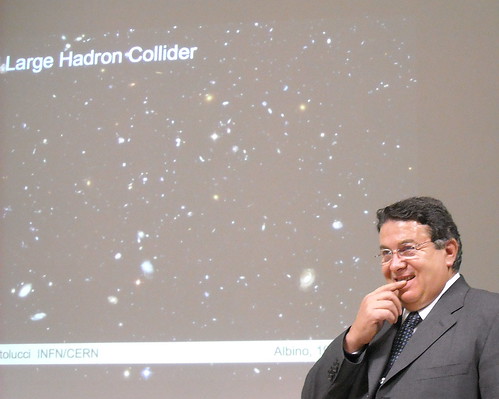
IT seems unimaginable now, but a day before the Olympic Games began, I was among those pledging not to so much as cross the road to look at any of it.
That was more than a week ago. The intervening nine days have been a lesson in human nature, in the persistent differences between the sexes, in craw-thumping patriotism, in difficult geopolitical relations, in cheesy sentimentality, and of course in commercial chicanery. Plus you get to watch a succession of tiny, androgynous Chinese people climbing onto and off podiums all day. I don’t want it ever to end.
The first surprise was the Opening Ceremony, which demonstrated for once and for all that one person’s idea of drama and pageantry and exciting musical theatre is another person’s idea of a living hell. That was four hours of needless embarrassment on Britain’s behalf that I’ll never get back. It turned out Britain was positively beaming with pride the whole time; it turns out all Britain needs to be happy is a never-ending performance of ‘Cats’ and a nice cup of tea.
Then there was the first contest of the Games, the Women’s 10-metre Air Rifle Finals. This might not have been the best event with which to kick off the Olympics, consisting, as it does, of eight women standing in a line issuing a slight popping sound from time to time.
Is there any sport that could more effortlessly appear to mock the very principles on which the Games were founded? How does the Olympic motto, Citius, Altius, Fortius, apply here, unless it’s actually a competition among the air gun pellets themselves? Fastest, highest, strongest pellet takes the gold? A televised coconut shy would be more in keeping.
At least, that’s what you think at first. Then, by watching it together with a man, you witness an old-fashioned gender stereotype being reinforced. Consider, if you will, the following transcript, which is as faithful as I can make it, chronicling the progress of male thought with regard to this event:
“This is daft… Women’s 10-metre Air Rifle Finals. Does that mean there’s also Women’s 15-metre or 20-metre Air Rifle Finals? If not, then why don’t they just call it Women’s Air Rifle Finals?… Why do they have to wear all that protective gear, for God’s sake? There isn’t even any recoil in those things… This is ridiculous. The Olympics should go back to what it’s best at, which is track and field events… Anyway, why can’t women and men compete together in air rifle shooting? There’s no need to segregate the sexes in an event like this – nobody has a natural advantage… I always wanted an air gun. I’d actually still like to get one… No, no, you can’t hurt anything with an air gun – well, maybe small birds… Ooh that was a good shot… What’s 9.8 plus 10.3?… Aw, no, the poor Polish girl – that was unlucky… Shush, be quiet, I’m trying to watch this…”
Men don’t care if it’s long-distance spitting – they just love to be party to competition, even as mere spectators. This is why idiotic sports such as water polo – it’s just floating heads! What’s wrong with everyone?! – continue to exist.
There’s the sailing, of course. The sailing is supposed to inspire national pride, thanks to Irish contestant Annalise Murphy. Instead it reawakens those lasting feelings of fear and inadequacy left over from the time you made the mistake of setting foot in a sailing boat with a sailing enthusiast. “I understand that I have to pull that rope, of course. But what’s the rush? And why all the shouting?” This is how you get barred from sailing boats.
Then there’s the synchronised diving. How many of us have found ourselves intermittently staring into space this week, speculating again about what unique combination of circumstances, skills and aspirations leads someone to pursue a career in synchronised diving? And what if, having committed yourself to the sport, you can’t find anyone to synchronise with? The loneliness of the synchronised diver. It’s heart-rending.
But you don’t even have to watch the Olympics to enjoy the Olympics. The Games just keep supplying stories, controversies and comedy moments, day after day. A highlight was the sight of London mayor Boris Johnson swaying gracelessly on a zip wire above an amused crowd in Victoria Park on Wednesday.
Naturally, this mishap grew legs and inspired another acre of newspaper speculation about Johnson’s chances of becoming Tory leader some day. Meanwhile, new Olympic converts took one look at Dangling Boris, gamely waving his union jacks, and cried out in dismay: “What? It’s never the closing ceremony already!”
But no, thank heavens, there’s a full week left. Now if you’ll excuse me, the Men’s Pommel Horse is starting shortly.
Published in the Irish Mail on Sunday, 5th August 2012



